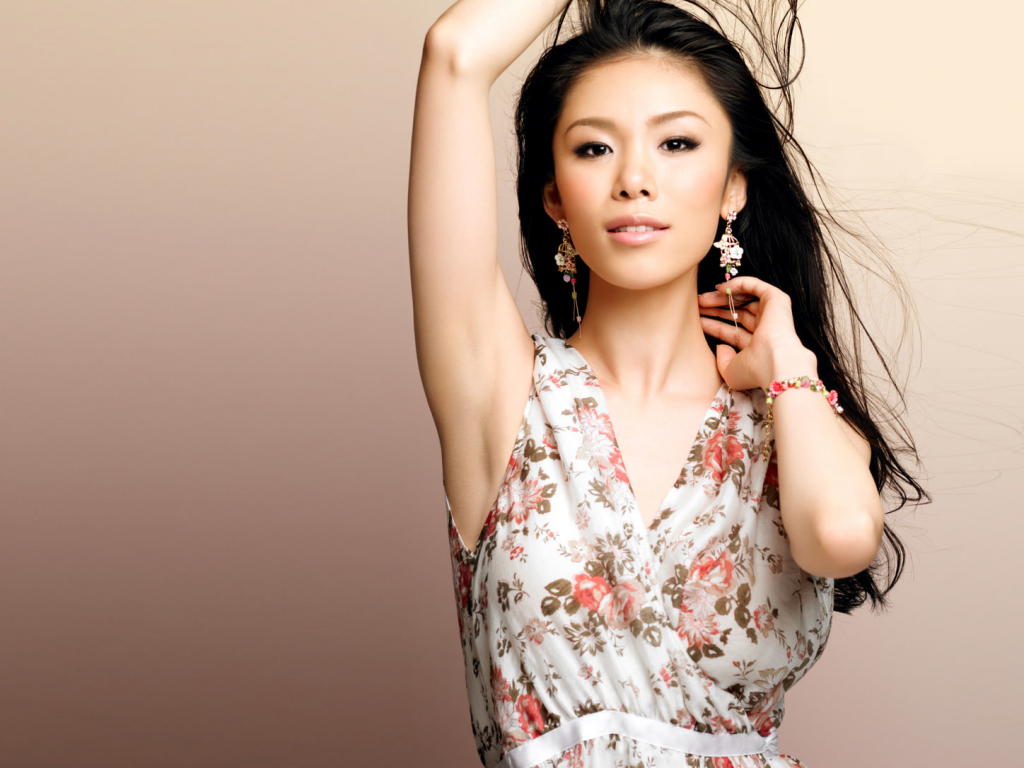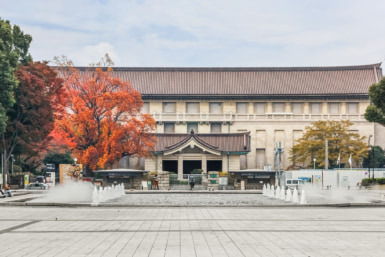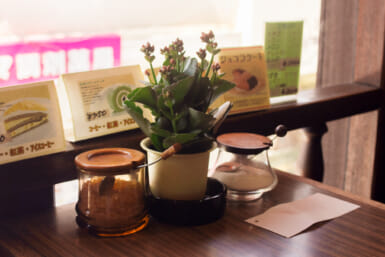Riyo Mori caught the dancing bug when she was just four years old. Practicing jazz and tap dance at her mother’s studio, she pictured herself one day performing in front of large crowds on Broadway. It’s an ambition she has yet to realize but the 32-year-old former beauty queen isn’t too concerned about that. More than satisfied with how her career has turned out, she feels she’s still living the dream.
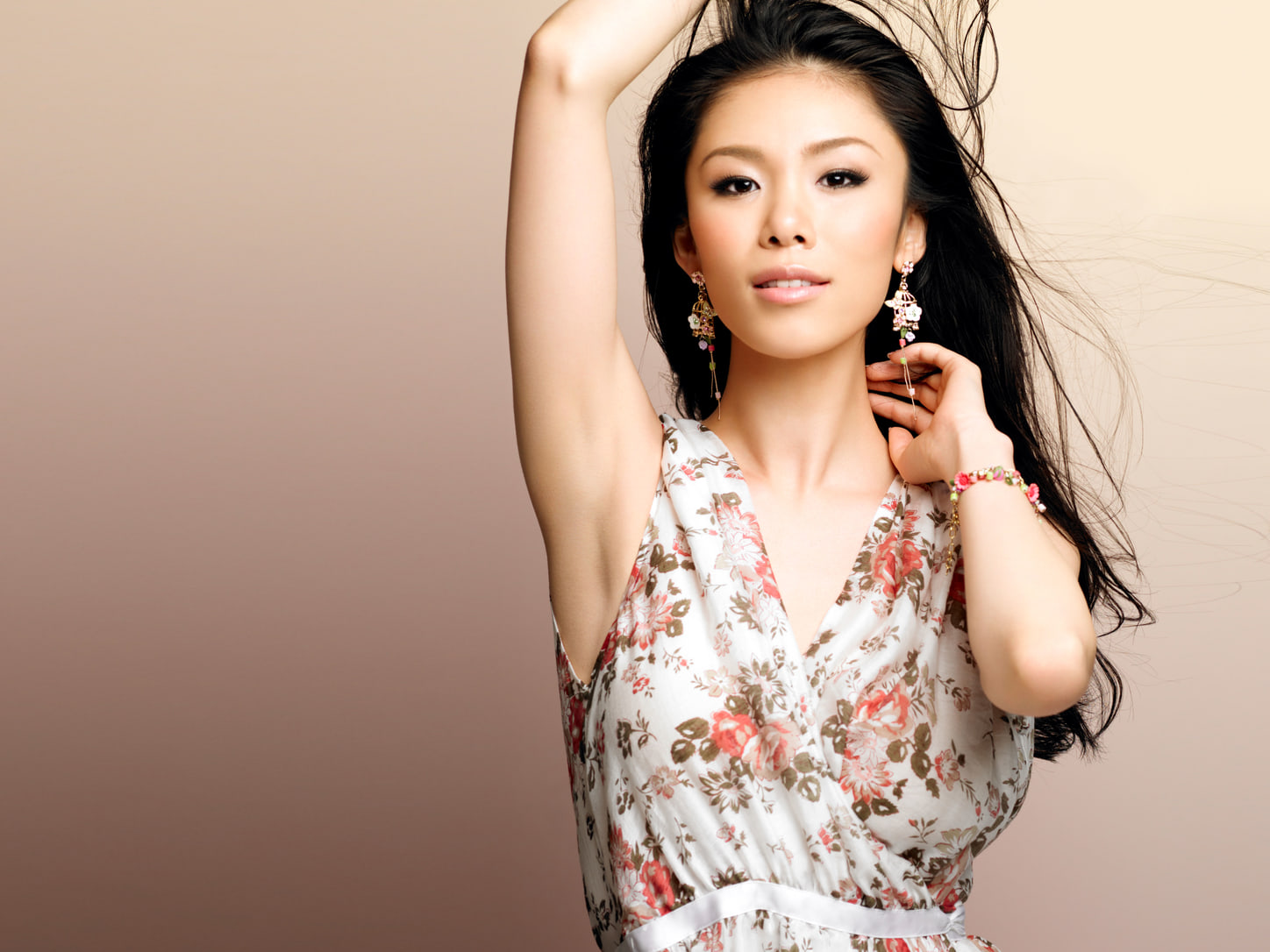
In 2007, Mori became only the second ever Japanese contestant to be crowned Miss Universe. Two years after winning the pageant, she then fulfilled one of her long-term objectives when she opened the dance school I.R.M (Ikuko Riyo Mori) Academy with her mother Ikuko in Shizuoka Prefecture. They teach ballet, jazz and tap, as well as some exercise-based lessons for adults.
“The business is now more than a decade old and I’m delighted with how things are going,” says Mori proudly. “We teach various techniques and it would be great if some of the kids go on to become professionals, but that isn’t our main aim. I want them to have fun, believe in themselves and not be afraid to dream big. Growing up, dance was everything for me. It taught me to be patient, made me feel happy and positive while also helping to give me confidence. I hope my students go away feeling the same way.”
In the future Mori would like to expand the business internationally. She feels her Japanese pupils would benefit from cultural exchanges with foreign dancers, just as she did during her youth. At 16, the Shizuoka native left home to study at a high school in Canada during which time she trained at the Quinte Ballet School in Ontario. She says the experience made her stronger and more mature.
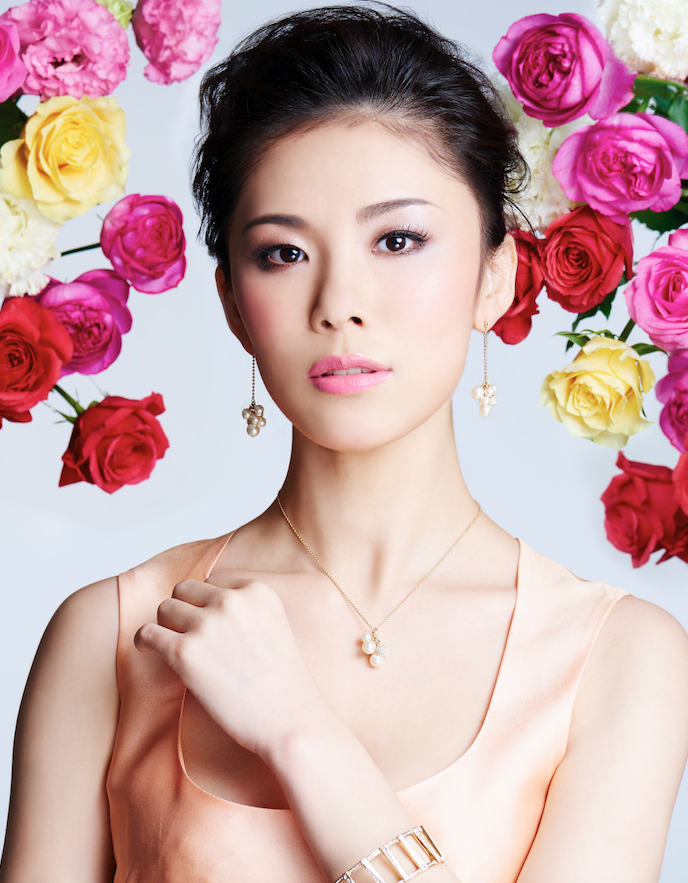
“Early on, I was nervous every day,” admits Mori. “Studying for exams in a language I wasn’t yet proficient in, while spending the rest of the time practicing dance was physically and mentally draining. My ballet teacher, Brian Scott, was also very strict. He would say, ‘If you can’t handle it Riyo, you may as well go home.’ At one point I considered it.”
The teenager called her mother in floods of tears set to call it quits. In the end, though, she decided to battle on and is glad she did. Looking back at her time in Canada, Mori is appreciative of the tough love approach shown to her by Scott as she believes it helped mold her into the woman she has become today.
After graduating from high school, Mori successfully auditioned for the Rockettes Summer Intensive Program in New York. The intention was to then become a fully fledged member of the elite precision dance company. She received a one-year visa, found an apartment and was ready for her new life in the States. A suggestion from her grandmother, however, changed everything. “She basically said, ‘It’s your last year as a teen so you should make a special memory before turning 20,’ which got me thinking,” Mori tells TW. “Both my mom and grandmother had won beauty contests when they were younger and I started to consider whether I could try something like that. The idea was to do it for a bit of fun, nothing serious. I certainly wasn’t expecting to progress to the finals.”
Not one to do things by halves, Mori decided to enter Miss Universe, the world’s most famous beauty pageant. Exceeding expectations, she was chosen to represent Japan for the competition that was due to be held in Mexico City in the spring of 2007. It had suddenly become much more than a bit of fun and she was determined to do her country proud.
“My ballet teacher would say, ‘If you can’t handle it Riyo, you may as well go home.’ At one point I considered it.”
“I’m not an athlete but at that time I felt like an Olympian,” she says. “The previous year [Japanese contestant] Kurara Chibana had finished first runner-up so I had to do at least as well. The night before I was so nervous. Then on the day itself, I felt like a rock star. Seeing my friends and family in the audience waving their flags gave me such a boost.”
Impressing in all portions of the competition, Mori became the first Japanese contestant to receive the Miss Universe crown since Akiko Kojima in 1959. After the ceremony it was time to meet her new boss, Donald Trump. The controversial president owned the pageant at the time.
“I didn’t know anything about him then,” admits Mori. “The first thing he called me was ‘baby.’ I think he was just trying to be friendly, like a father figure. During the press conference, he talked about me being the first Japanese winner during his era and how he hoped it could help build relations between the two countries. It sounded like he was already preparing to be president.” [Laughs]
Mori went on to appear in Trump’s reality MTV show Pageant Place. During her year as Miss Universe she mingled with celebrities, even visiting Jennifer Lopez’s house, and worked with the world’s oldest model, Carmen Dell’Orefice. Traveling around the globe, she spread messages about the control of diseases and became an advocate for HIV/AIDS awareness, an issue she remains passionate about today.
“There are many false assumptions when it comes to HIV and AIDS so it’s vital that the correct information is disseminated,” opines Mori. “I spoke to many patients and I remember one guy telling me not to bother helping if I was just going to approach it as something charitable. The important thing for him was that people had a greater understanding of the causes and effects of the disease.”
“His words were like a wake-up call for me and I knew I had to keep campaigning once my reign as Miss Universe finished,” continues Mori. “While awareness of the issue is increasing, schools should take greater responsibility in educating children about HIV and AIDS. In Japan, you see hardly anything written about it in textbooks. The concern is that the students aren’t ready to hear about that kind of topic and that is wrong. We need to place more trust in children and let them have more open discussions rather than just having to memorize everything.”
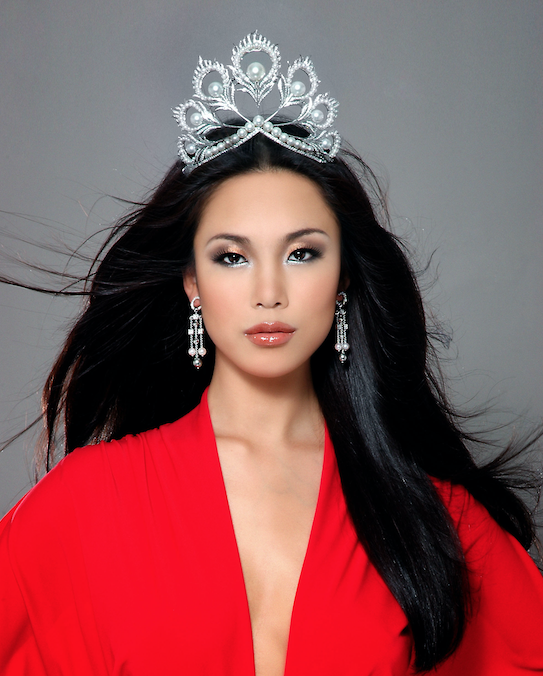 Not afraid to voice her opinion, Mori was criticized by some in Japan for being too outspoken and appearing overly confident after she won the Miss Universe contest. Her character and attitude didn’t fit the typical profile of a Japanese female, stereotypically seen as soft-spoken, cute and modest.
Not afraid to voice her opinion, Mori was criticized by some in Japan for being too outspoken and appearing overly confident after she won the Miss Universe contest. Her character and attitude didn’t fit the typical profile of a Japanese female, stereotypically seen as soft-spoken, cute and modest.
“I received many supportive messages, but the negative ones did hurt,” concedes Mori. “While living abroad I was taught to feel proud of who I am and to speak my mind. I was just being myself, so the backlash was a surprise. I had adapted to and embraced the culture in a foreign country and, as a result, perhaps I’d forgotten about my own. In Japan, you must read the atmosphere, pick the right moment to talk and show you are humble.”
While these virtues are still valued highly here, Mori believes Japanese society is now more accepting of assertive, opinionated women than it was back in 2007 when she triumphed in Mexico City. According to the dance teacher, women in Japan have more power than ever and subsequently can stand up and speak out without being judged as much as they were in the past.
“Of course, it’s nowhere near perfect, but there has been a shift in attitudes towards women in Japan and that is a great thing,” says Mori. “There’s nothing wrong with a female feeling sexy and confident. We shouldn’t have to quietly stay in the background. This is something I always emphasize to my students. They are all special and each one is capable of achieving great things if they believe in themselves.”
Updated On April 26, 2021

